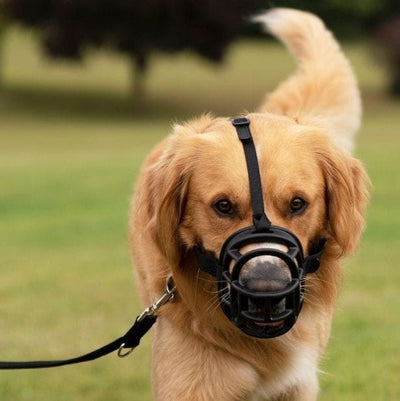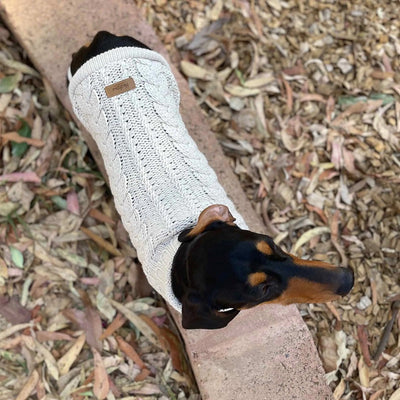
How to Help Your Dog Age Well
Dogs are living longer than ever, but physical and mental decline is common. There are three key things we can do, to help our dogs age well.
Just like us, dogs are living longer. They also experience many of the same age-related issues that we do. Joints are stiffer, energy drops and behaviour changes.
That’s because when it comes to joints for instance, collagen production declines, cartilage degrades and there’s chronic inflammation. These are all characteristics of osteoarthritis, which affects 90% of dogs over five years of age. However, while many dogs experience OA it is not inevitable.
Keeping Your Dog’s Brain Healthy
Similarly, when it comes to the brain, what’s going on behind the scenes is that the brain is building up oxidative stress. Among the major organs of the body, the brain is one that’s extremely vulnerable to oxidation. Without protection from antioxidants, oxidative damage can lead to neuronal dysfunction in the brain due to modifications to proteins, lipids and DNA/RNA.
When dogs are younger, they can counteract oxidation but as they age, they’re not as capable of protecting themselves.
This often leads to many of the same declines in cognitive ability as elderly people. Senior and geriatric dogs often display impaired learning and memory, disorientation, a reduced ability to interact socially, house soiling, destructive behaviours, lethargy and disturbances in sleep patterns.
Again, this cognitive decline and the behaviour changes that follow, are not inevitable. Just like in humans, senior dogs can be classified into successful agers, mild cognitive impairment, and severe cognitive impairment called cognitive dysfunction syndrome (CDS).
3 Essential Steps in Helping Your Dog Live a Longer Life
There are three key things we can do, to help our dogs age well.
1. Stay lean
The long-term stress exerted on joints by excess body weight has been associated with loss of articular cartilage in people and dogs. In addition, obesity has been associated with increased oxidative stress and inflammation. This affects both joints, and the brain.
Dogs don’t need dietary carbs, so a high protein-low carb diet (try bestie Allrounder balancing topper with meat for instance) is one way to stay lean.
2. Stay active
As dogs become a little stiffer and show a bit less energy, it’s easy to keep reducing their outside exercise too. However, keeping them mobile is important for good physical and mental health.
In addition, there’s definitely a role for ‘mental enrichment’. (Just as there is for humans!) A two-year study involving 40 old and 17 young beagles, into the impact of mental enrichment and nutraceutical supplements, showed that the
rate of mental decline can be delayed by both behavioural enrichment and antioxidant supplementation.
Behavioural or structured mental enrichment should start as early as possible. As dogs age, keep senses and brains working with simple puzzles toys, slow feeders and training games.
3. Boost diet with antioxidants
Remember oxidative damage in the brain? Well, the beagle study (and others) has demonstrated that particular antioxidants improve cognition and reduce neuropathology in aging dogs.
Scientific breakthroughs have enabled us as pet parents to incorporate new knowledge and understanding to give our dogs a quality life. Small changes early in life can have a big impact on your dogs health in a natural way.
To help keep our dogs healthy and comfortable as they age, early intervention is key. Routine check-ups, preventive care measures, plenty of exercise and a balanced diet can all be used to slow the effects of aging on our canine companions. Additionally, natural supplements can be given to help support overall health and well-being in older dogs. By helping our furry friends age gracefully through these means, we can give them the best life possible in their senior years.
Blog, courtesy of Bestie 2023.






